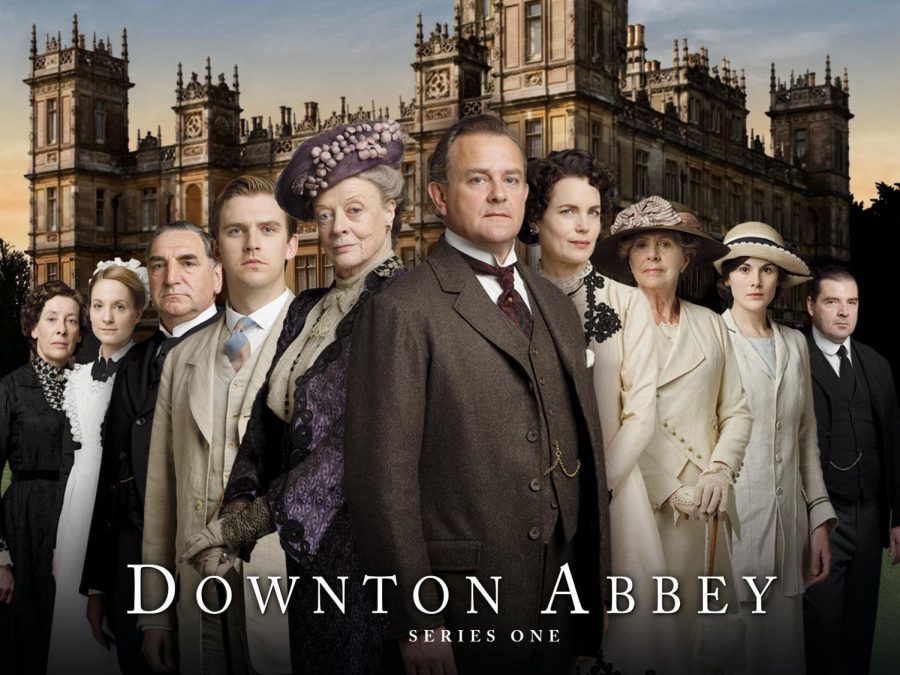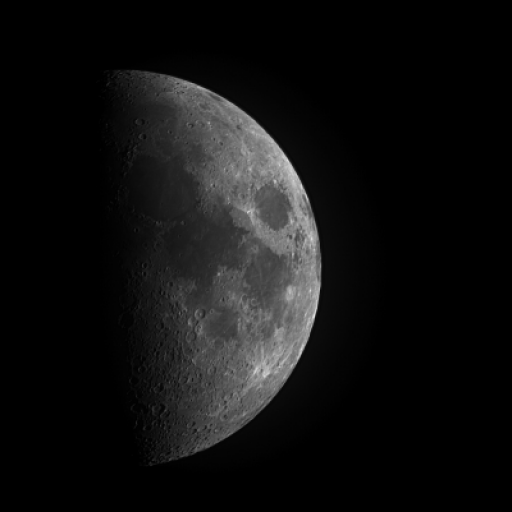Accents tell a lot about us. The ‘R’ sound or the lack of it in Received Pronunciation is particularly revealing.
As a second-hand viewer of Downton Abbey, I have had lots of time to think about Received Pronunciation (RP) also known as BBC English or Queen’s English. In a nutshell, it abhors ‘r’ (rhotic) sounds and exaggerates vowels so ‘dark’ is pronounced as ‘daak’, with the slightest hint of a ‘w’ sound before the ‘k’ sound.
But this posh accent is only spoken by 3 percent of the UK’s population, primarily in the South. As an accent, it is only 500 years old. And only became popular in the last 300 years or so as English public schools became the go-to place for the British elite. As the industrial revolution and colonisation brought more prosperity into London, the accent started to symbolise class. Geography became less important. But it was not without strong opposition from Northern UK and the Anglo-Irish who love to roll their ‘r’s. It was only in the 1890s that RP defeated the Yorkshire (Geoffrey Boycott’s) accent to become the standard British accent. Downton Abbey is set in Yorkshire. Elite Indian educational institutions such as St. Stephen’s, Lawrence Sanawar, and the Cathedral and John Connon School all established in the 1800s also swore by RP as they still do.
Across the pond
The US went through a different trajectory. Many non-elite migrants brought their ‘r’ sounds with them. They included the Irish and Germans. The latter are more notable. The young USA debated long and hard about translating all English documents into German. States with significant populations of German Americans had extensive German language literature until the 1950s.
But New England, took its name literally. The Boston accent is distinctly non-rhotic. Sometime back, the made-up mid-Atlantic accent was all the rage among the US elite. It was like RP, except that vowels wouldn’t be stretched as long. The ‘r’ was still looked down upon. This accent is notable in Hollywood cinema and radio announcers from the 1930s-50s and US politicians from the mid-19th to the mid-20th century. The mid-Atlantic accent is all but dead now.
But RP remains an aphrodisiac to most Americans. It is so near, yet so far. They react the same way, when they hear RP, as Indians would when they come across chaste Sanskrit or Urdu…with awe and poor imitations.
This trend is still largely a northern phenomenon in the US. The Southern states aggressively roll their ‘R’s, in their lilting accents and don’t necessarily have high regard for grammar.
So, think about all this, the next time you hear Lucknowi/Hyderabadi Urdu, Allahabadi Hindi/ Puneri Marathi/South Mumbai English. Fascinating histories encased in each lilt, drawl, and roll.
If you found this interesting, stay connected here




Recent Comments